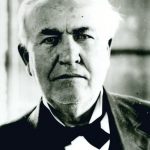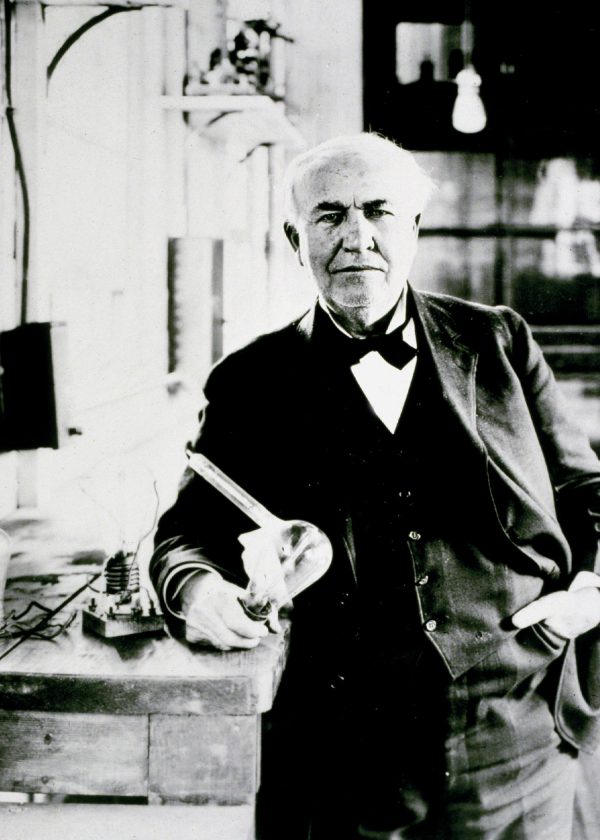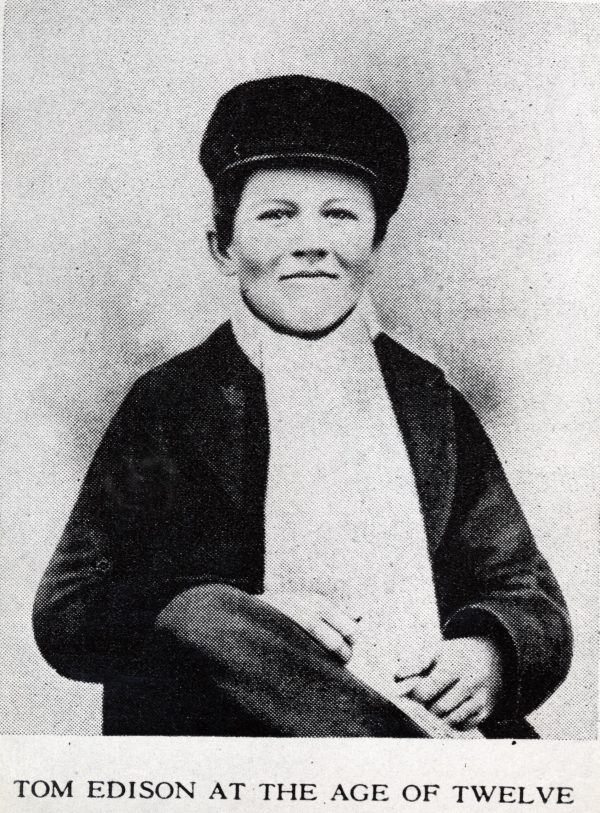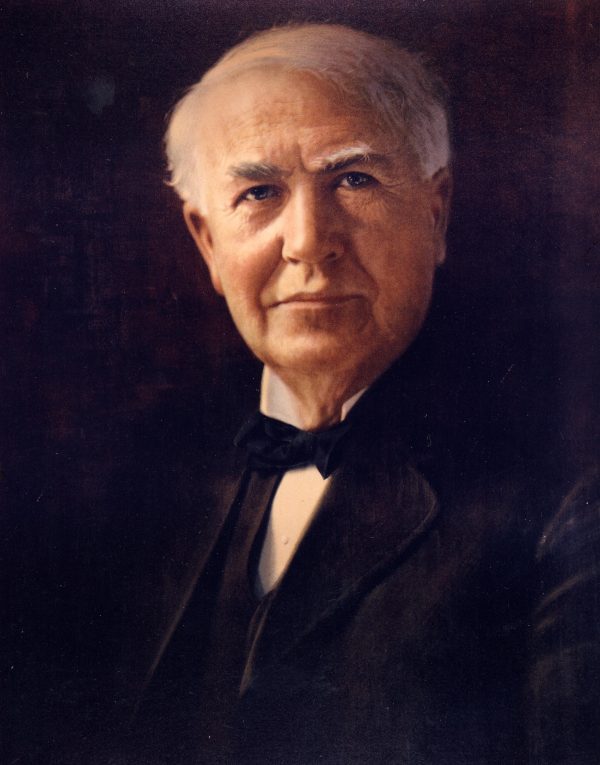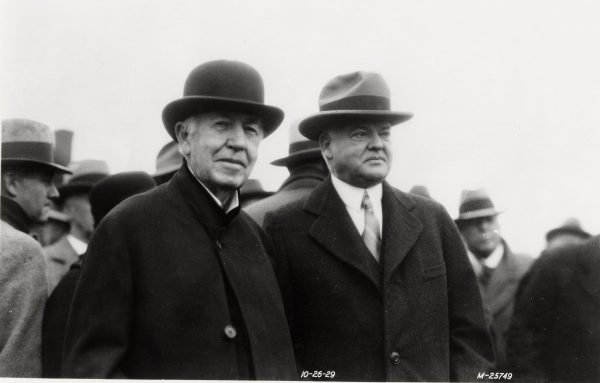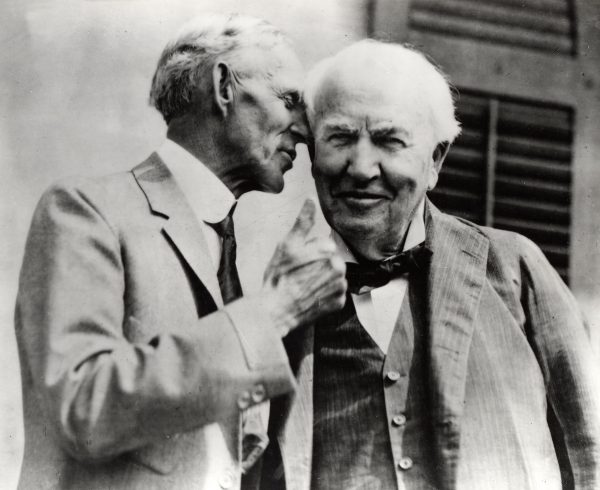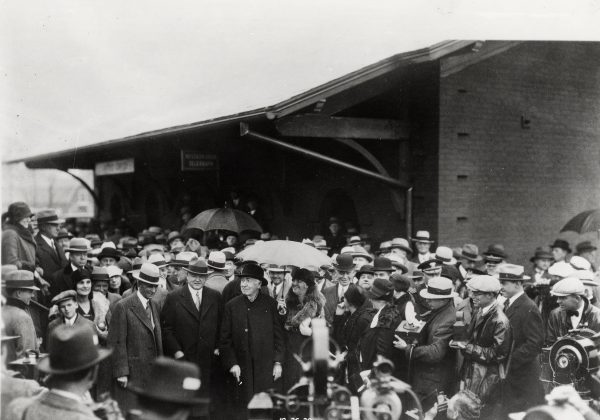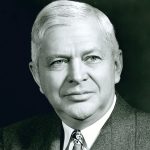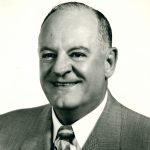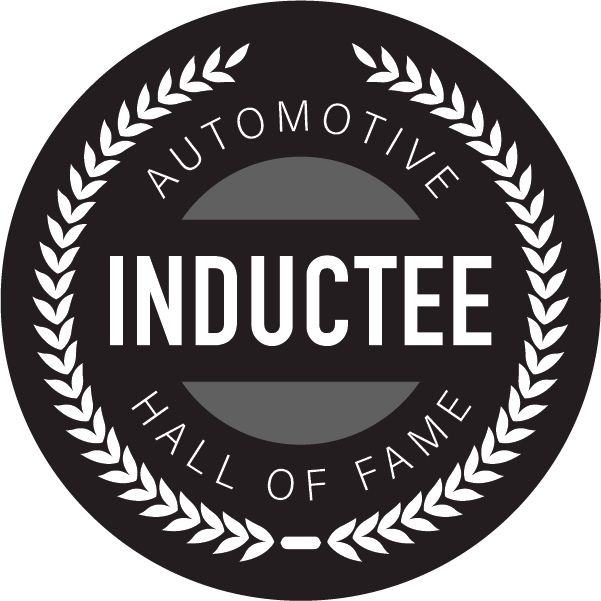The father of the invention
Thomas Edison provided the power and inspiration for a generation of automotive pioneers. He patented more than 1,000 inventions including 356 related to electric generation, distribution and lighting. And was also responsible for perfecting the incandescent light bulb in 1879 and developed an electric lighting system that made municipal power generation possible.
By age 12, Edison was already experimenting with electrical and mechanical apparatus. Dedicating himself to developing useful products that would benefit the public, Edison contributed greatly to the automotive industry. In 1895, while the merits of both gasoline and electric automotive technologies were being debated, Edison learned that a young engineer at one of his plants was working on a gasoline-powered vehicle. The engineer, Henry Ford, never forgot Edison’s enthusiasm for the project and his encouraging words, “…you have it! Keep at it!”
Edison always had a love for automobiles, so it’s no surprise that he decided to venture into the industry. Focusing specifically on electric vehicles because he saw the practicality in them. In 1899, he began to develop an alkaline storage battery that could better support a vehicle. This lead to a 10 year venture that would see him try and fail many times before finally creating one that would support a vehicle.
By the time it debuted, gasoline-powered vehicles had already become popular by Henry Ford’s Model-T. But, Edison’s invention did not go to waste going on to power lighting for railway cars, signals, maritime buoys, miner’s lamps, and even delivery trucks in cities. This would go on to lay the groundwork for other automotive requisites such as batteries and headlights.
Edison also established an “invention factory” in Menlo Park, New Jersey that set the standard for the modern research and development laboratory. He profoundly influenced technology and society and was honored around the globe, but remained practical about his own success. He summed up his philosophy with the statement: “I never did anything by accident, nor did any of my inventions come by accident; they came by work.”
